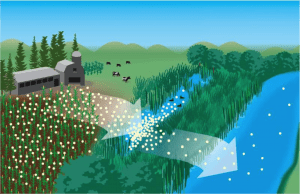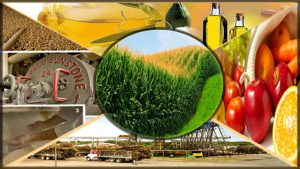What is it?
Coffee Grounds are what is left over after making coffee. Coffee beans are ground and then steeped in water to make coffee. Old coffee seeds or ground coffee that has not been steeped can be used as well.
What is the primary benefit?
Coffee Grounds are a good source of nitrogen. It is not amazing, but with the ready supply that most people in the U.S. have to coffee grounds, it is a good way to recycle/repurpose with a great benefit. Remember, Permaculture Principle Six tells us to Produce No Waste! If we can’t find a use for the things that others would call “waste”, then maybe we need to rethink our use of that item.
How is it used?
The primary use of Coffee Grounds is as an additive to compost. If you use a lot of it in your compost, be forewarned. Coffee Grounds are acidic. The way to combat acidifying your compost is by adding lime or limestone to your compost. This is a tricky thing. How acidic is your compost? How much compost do you have? If you have a whole lot of Coffee Grounds (your friend works at Starbucks or Caribou Coffee), and you don’t want to worry too much about it, then let your compost age for 1-2 years before you use it. That seems like a long time, but if you have a steady supply, setting up some piles in an out of the way place is fairly easy. The time will go by faster than you know it. Sadly, it always does.
Application:
Added to the compost and not typically directly to the soil. If you add it to the soil directly, then do so in moderation around acid loving, high nitrogen-utilizing plants such as fruit trees and fruiting shrubs (blueberries come quickly to mind).
Composition:
NPK Ratio: 2-0.3-0.2 Dried Coffee Grounds have an NPK Ratio of 2-0.3-0.7. Not drastically different, but interesting nonetheless.
A GENERAL NOTE ABOUT FERTILIZERS:
Always test your soil before adding any fertilizers. We can easily damage our plants and the soil by indiscriminately adding soil amendments.









